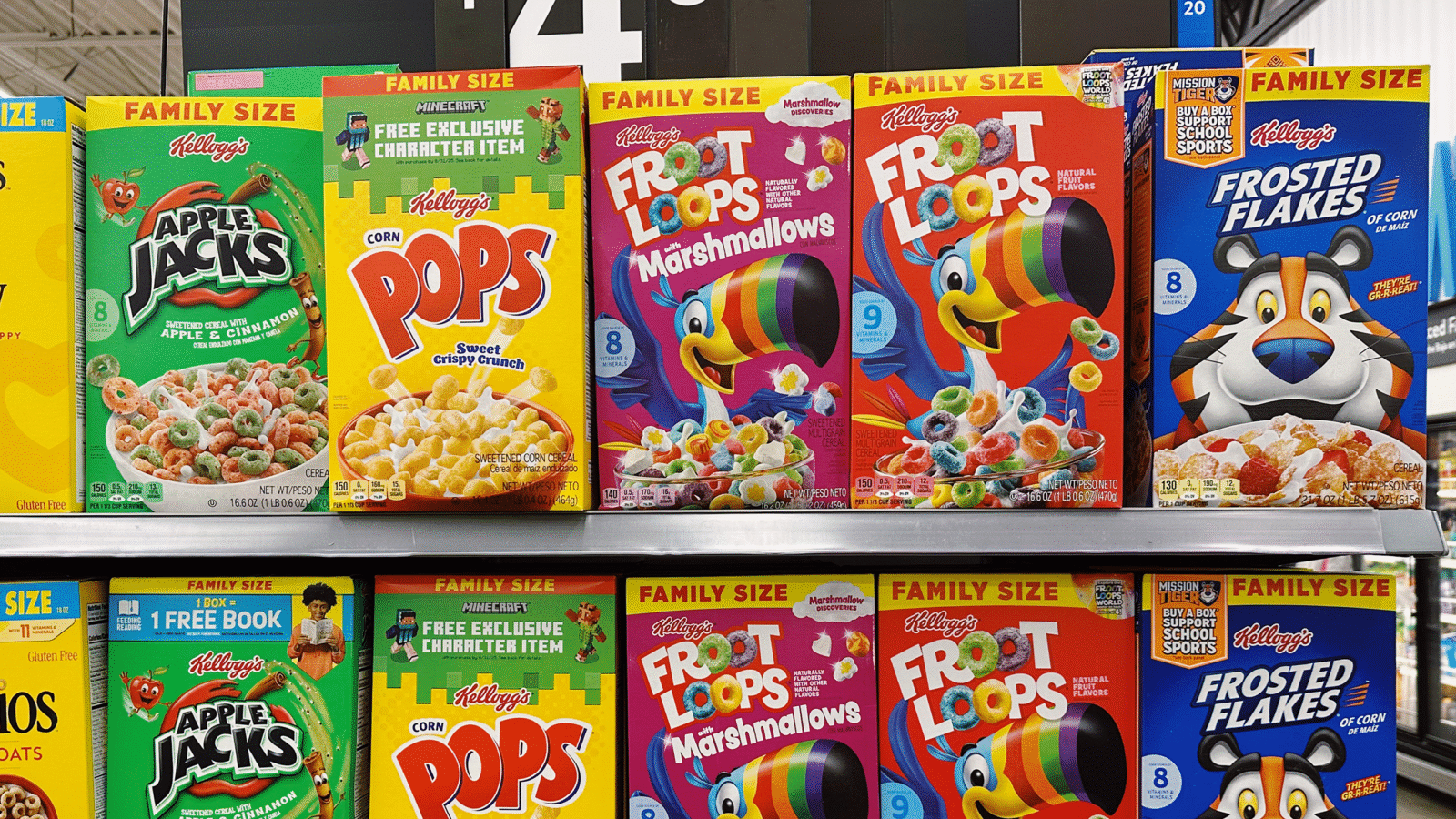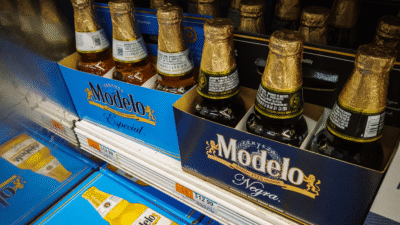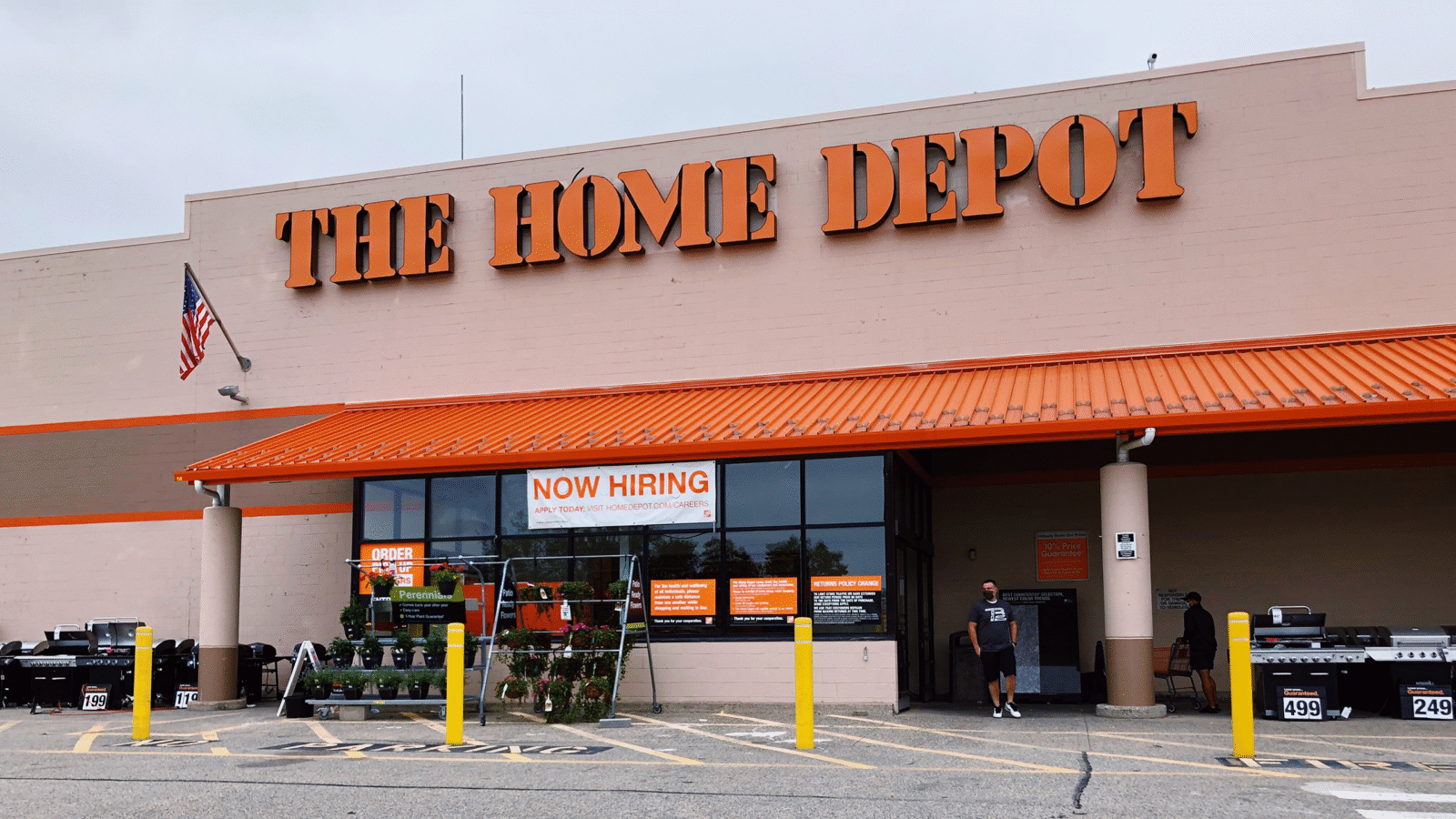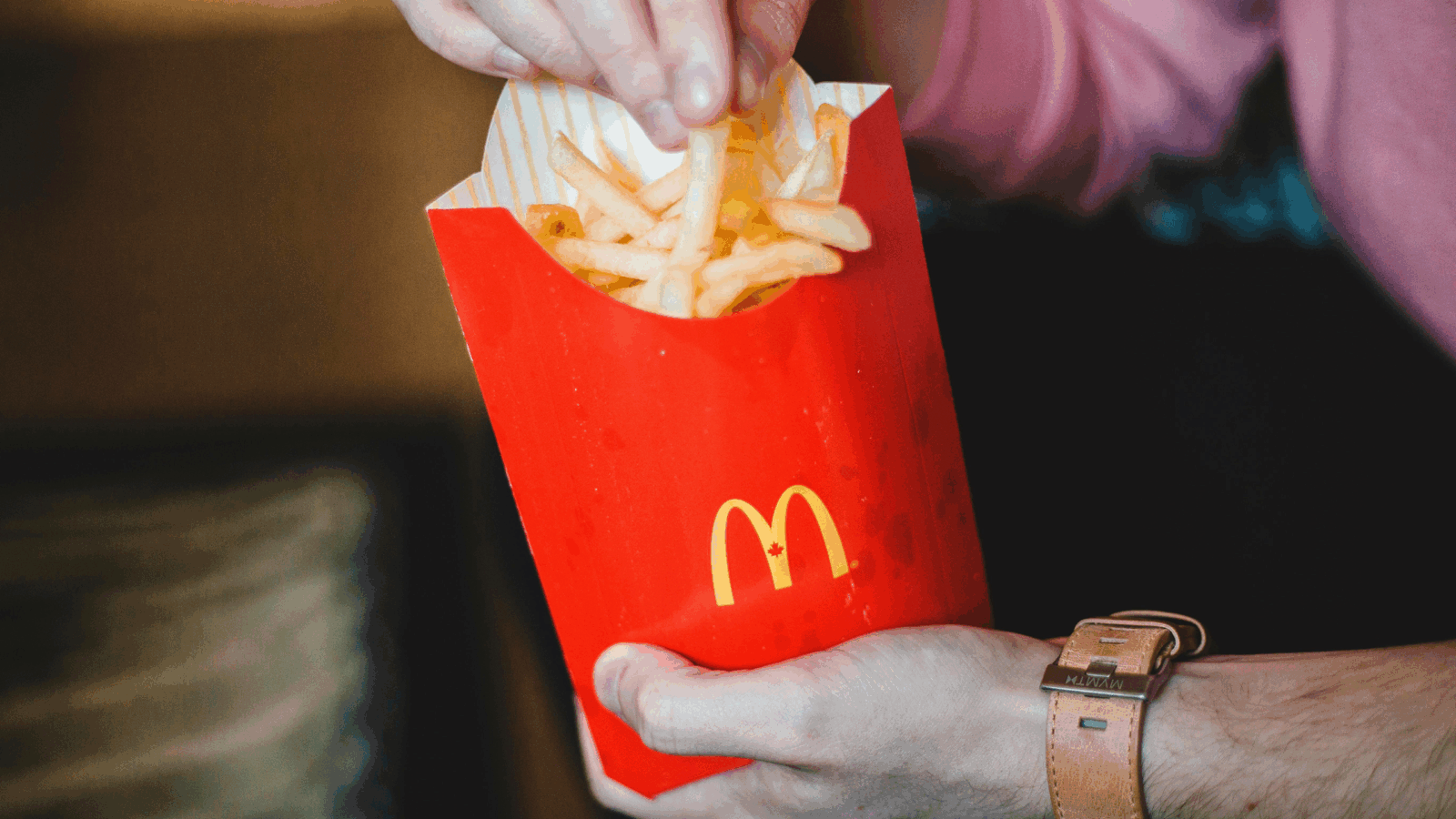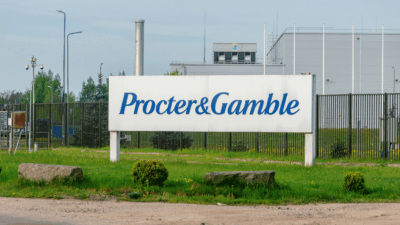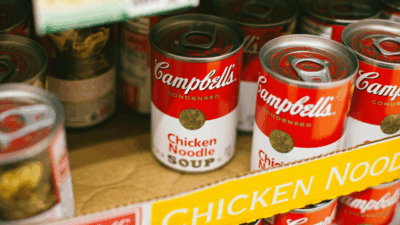
Sign up for smart news, insights, and analysis on the biggest financial stories of the day.
If caffeine isn’t enough of a jolt this morning, maybe some sticker shock can help.
Coffee, already noticeably imbued with the bitter taste of inflation, is likely to get even pricier as farmers in world-leading coffee exporter Brazil face the fallout from extreme weather. It’s been a real wake-up call for everyone.
The Beans of Production
Last year, Brazilian farmers suffered a severe drought and then a brutal frost, pushing costs to skyrocket last fall after sitting relatively stable for four years. But in the coffee industry, where harvests run on a two-year cycle that typically sees even-numbered years — like 2022 — producing bigger yields, past is prologue. Analysts had previously predicted this year’s crops to reach record heights, but supply chain struggles coupled with extreme weather has dramatically lowered yield expectations.
Some farmers, according to The Wall Street Journal, are fearing their crop of higher-end arabica beans could be halved from a typical good year. That means you may soon pay venti prices for your standing Starbucks grande order:
- The nation’s official forecast now projects 35.7 million bags (each containing 132 pounds of coffee beans) to be produced over the 12 months starting in July, well down from an initial projection of 48.7 million bags — which would’ve matched an all-time record.
- “This is a big crisis for us,” José Marcos Magalhães, a coffee farmer and president of the 9,000-member Minasul coffee cooperative, told WSJ, after the group halved its production goal for the year. “Some growers don’t even have that half that we’re asking for.”
How Do You Take It? Coffee futures already surged in 2021 as one of the earlier harbingers of the widespread inflation to come, and hit a near 10-year high of $2.58 a pound in February. Futures have since dipped down to $2.23 per pound, though that remains higher than in most recent years. But not everyone agrees on what will happen next. Saxo Bank’s head of commodity strategy tells WSJ prices are likely to increase over the next six months, though Fitch is more optimistic, and adjusted its arabica forecast to slightly lower than recent rates. For the sake of caffeine-dependent workers everywhere, we hope they’re right.
